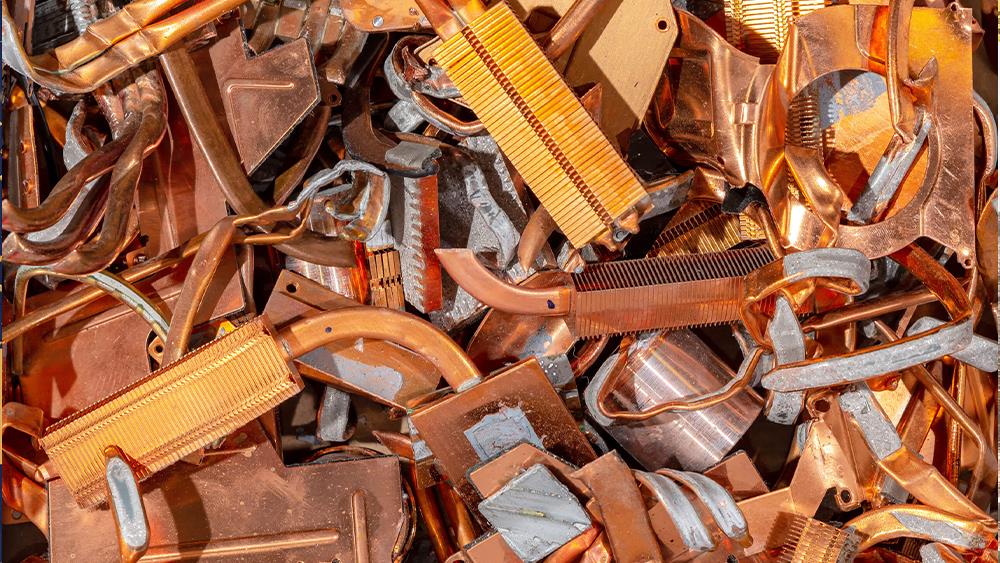

Copper Sustainability Partnership is highlighting the need for sustainable materials such as copper piping in the residential sector to support the UK in meeting net zero targets by 2050. The Future Homes Standards has set out targets, but what does this actually mean for the construction sector?
In a bid to drive a greener future for prospective homeowners, the UK Government introduced the Future Homes Standard in 2019, which ensures newly built homes have low-carbon, energy-efficient heating systems from 2025 onwards.
The heating and powering of buildings consumes 30% of the UK’s total energy use; therefore, it’s clear that homes play a significant role in the UK’s effort towards reducing energy consumption.
To meet the Government’s target of net-zero greenhouse emissions by 2050, our homes must become more sustainable.
By implementing alternative energy systems and using recyclable materials like copper piping in heating, we can make strides towards increasing the longevity and versatility of our homes.
There are a range of low-carbon installations that developers and homeowners can embrace – including heat pumps, electric and biomass boilers, hybrid systems, solar water heating and insulation – to increase sustainability in homes while continuing to generate heat.
As an excellent conductor of heat, copper allows for rapid and efficient heat transfer, making it the standout choice for supplying the heat generated by low-carbon heating systems.
Copper pipes can be with integrated with air-source heat pumps, transporting the heat extracted from outside air to radiators, electric heaters and other outlets. As well as improving efficiency, copper pipes are also infinitely recyclable, helping to reduce carbon emissions associated with the design of air-source heat pumps.
Copper is also the driving force in solar thermal panels and other water heaters, which harness the sun’s energy to warm homes. Copper piping is useful here due to its ability to withstand high temperatures and pressures over alternative plastic materials, such as multilayer composite (MLCP), polyvinyl chloride (PVC) and polyethylene (PEX), which have a low melting point and can crack easily.
The integration of infinitely recyclable materials like copper piping into our homes will play a transformative role in the future sustainability of the residential sector.
With a typical life expectancy between 70 and 80 years, copper possesses reliability over materials like plastic, retaining up to 95% of its value over time.
With low-carbon heating systems being phased into homes from 2025, infinitely recyclable materials like copper have a significant role to play in sustainability improvements.